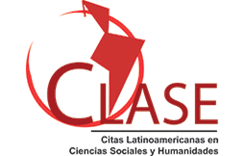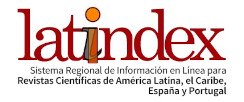THE IMPACTS OF PROALBA IN THE COTTON CULTURE OF STATE OF BAHIA
Keywords:
Agricultural policies, Cotton ICMS, Shift-Share.Abstract
This article analyzes the impact of the Incentive Program for Cotton Culture (PROALBA) on cotton production in the State of Bahia (Brazil), taking as a reference the production of herbaceous cotton, the main cultivated species in the State, and their geographical distribution in the territory of Bahia from 1990 to 2011. Comparative analysis was performed on the evolution of national and state production, and its territorial distribution in Bahia, through annual variation of area, yield and price paid to the producer in relation to the gross value of production. The data were subjected to the shift-share model analysis, considering before and after the beginning of PROALBA (2002), in order to capture the effects of such policy on the performance of cotton culture. The research identified that PROALBA fostered the cotton cultivation in the State of Bahia and its consolidation in the state regions involved in its cultivation, since positive effects were verified regarding the increase in area and yield. This fact highlights the importance of public policies on regional development, as well as providing income increase and better distribution of cultivation in regional level.Downloads
Published
2015-10-27
How to Cite
Silva, A. A. da, & Pires, M. de M. (2015). THE IMPACTS OF PROALBA IN THE COTTON CULTURE OF STATE OF BAHIA. Revista Brasileira De Gestão E Desenvolvimento Regional, 11(3). Retrieved from https://www.rbgdr.net/revista/index.php/rbgdr/article/view/1963
Issue
Section
Artigos
License
Authors who have their papers accepted and published in the Brazilian Journal of Regional Management and Development must agree to the copyright policy CC BY https://creativecommons.org/licenses/by/4.0/.
If the article is accepted for publication, the copyright is automatically assigned to the Brazilian Journal of Regional Management and Development.
















